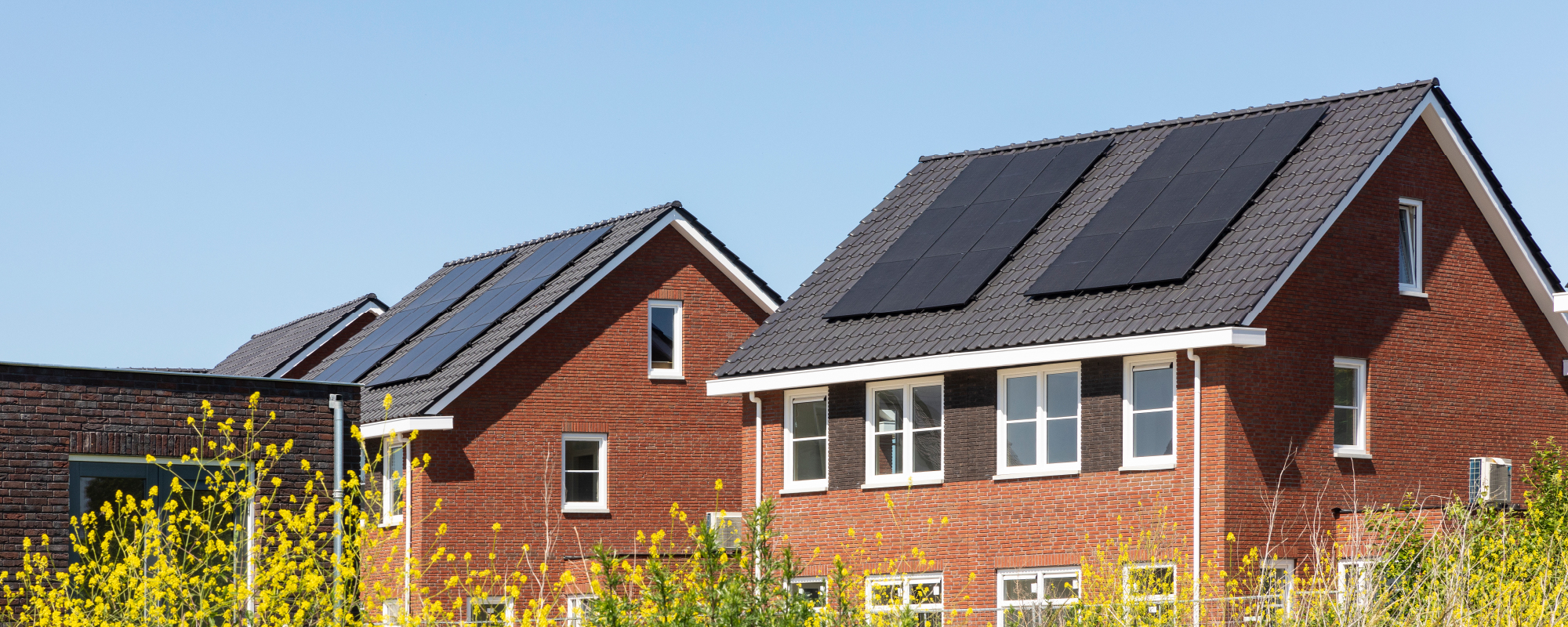In one of his biggest policy changes since taking office, the Prime Minister announces U-turn on green policies. Our Director of Low Carbon, Ilias Vazaios, analyses and unpacks the speech and what it means for our sustainability credentials, the future of decarbonising heat, and our overall pursuit of net zero.
The Prime Minister’s highly awaited speech on Net Zero aims to set out a new direction to achieving this critical objective, with the Government still recognising climate change as ‘one of the biggest challenges we face.’ In his address, the PM reiterated the Government’s dedication to fostering the growth of the green industry and reducing emissions in line with the UK’s legislative obligations.
However, with industry being vocal in expressing its disappointment in the change of course, let’s examine the real implications of this speech on the net zero debate, particularly in the realm of heat decarbonisation.
Reflecting on the announcements that impact the heating debate, the PM continues to support existing subsidy schemes aimed at deploying primarily heat pumps and insulation. In contrast, he argues for a delay or dilution of the ban on conventional gas heating technologies, owing to the need to give people more time to transition to heat pumps.
The key announcements concerning heating decarbonisation include:
- Extending the deadline for the ban on new boilers to 2035, aligning with current policy for on-grid heating but representing a delay for off-grid areas previously targeted for 2026.
- Increasing the subsidy per heat pump installation under the Boiler Upgrade Scheme to £7,500 from the current £5,000, in accordance with the ongoing Government consultation on this scheme.
- Abandoning the plan for new rental properties to achieve a minimum Energy Performance Certificate (EPC) rating of ‘C’ by 2025, along with a requirement for all rental properties by 2028. However, the Government continues to subsidise energy efficiency measures through the Great British Insulation Scheme.
What is the significance of moving net zero pledges?
Many of the above measures represent a relaxation of longer-term targets which may not instil confidence for investments in decarbonisation. On the other hand, some of the arguably ambitious policy plans to accelerate heating decarbonisation remain in place. For instance, the Clean Heat Market Mechanism which aims to offer the market a clear and stable policy framework to encourage investment in heat pumps. Additionally, the Future Homes Standard remains in place with the objective to ensure that new homes built from 2025 will emit 75-80% less carbon than homes built under the current Building Regulations.
Focusing on the overall change of direction, it feels like we’ve reached the end of a long cycle of reasonably successful political progress towards net zero under Conservative-led governments since 2011. The policy framework has improved, albeit through some trial and error, and carbon budgets have been met. The next phase of the net zero journey presents greater challenges as it necessitates active participation of consumers who will face direct costs in adopting technologies like heat pumps, or electric vehicles in the case of transport. The policy debate is expected to pivot towards deciding how quickly consumers can make this transition and the extent of the Government’s role in facilitating this crucial shift. It will be interesting to observe if a balance can be achieved between regulatory support, affordability, and consumer ‘buy-in’ to ensure that, despite the discourse, the UK can remain on course towards its net-zero objectives.


